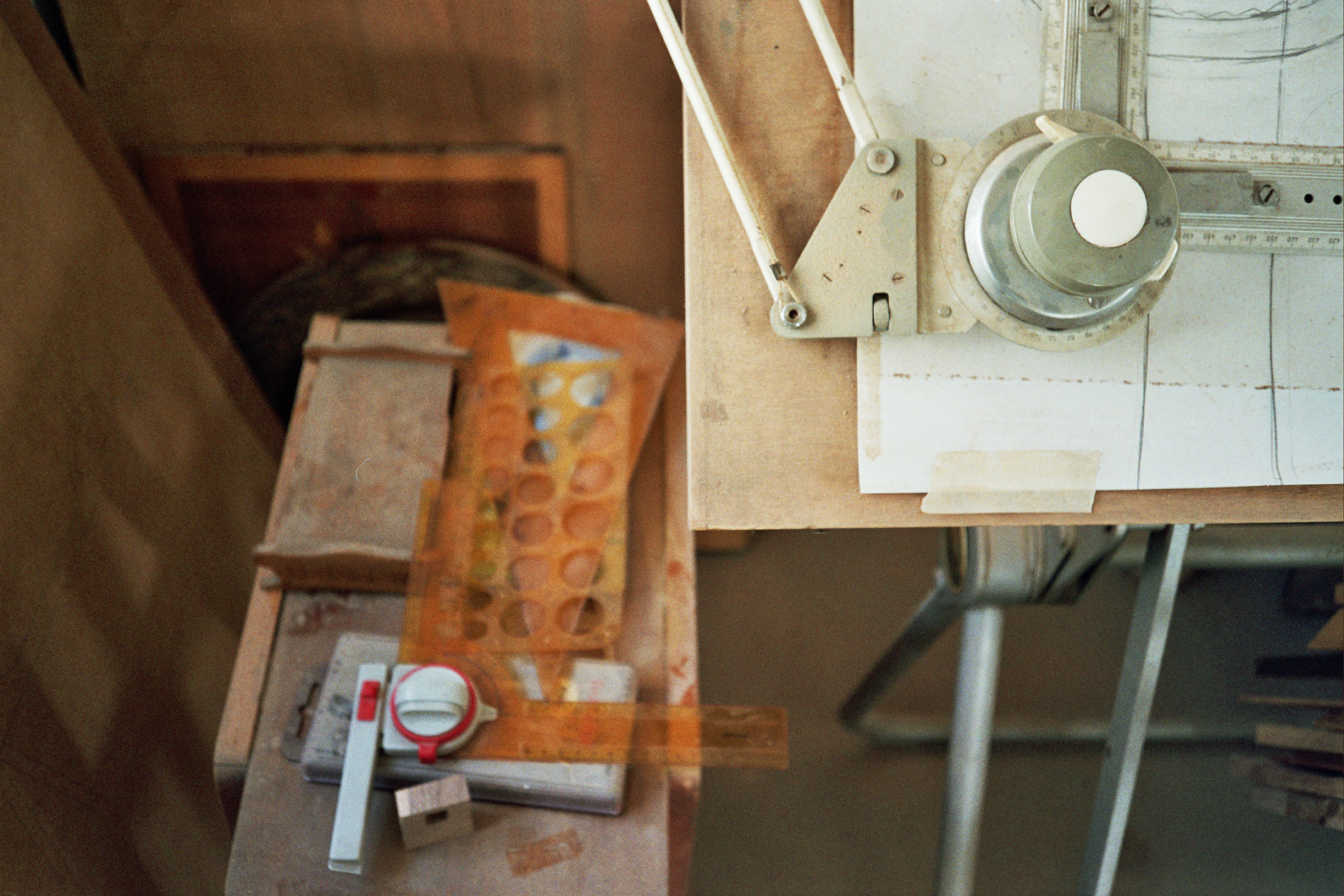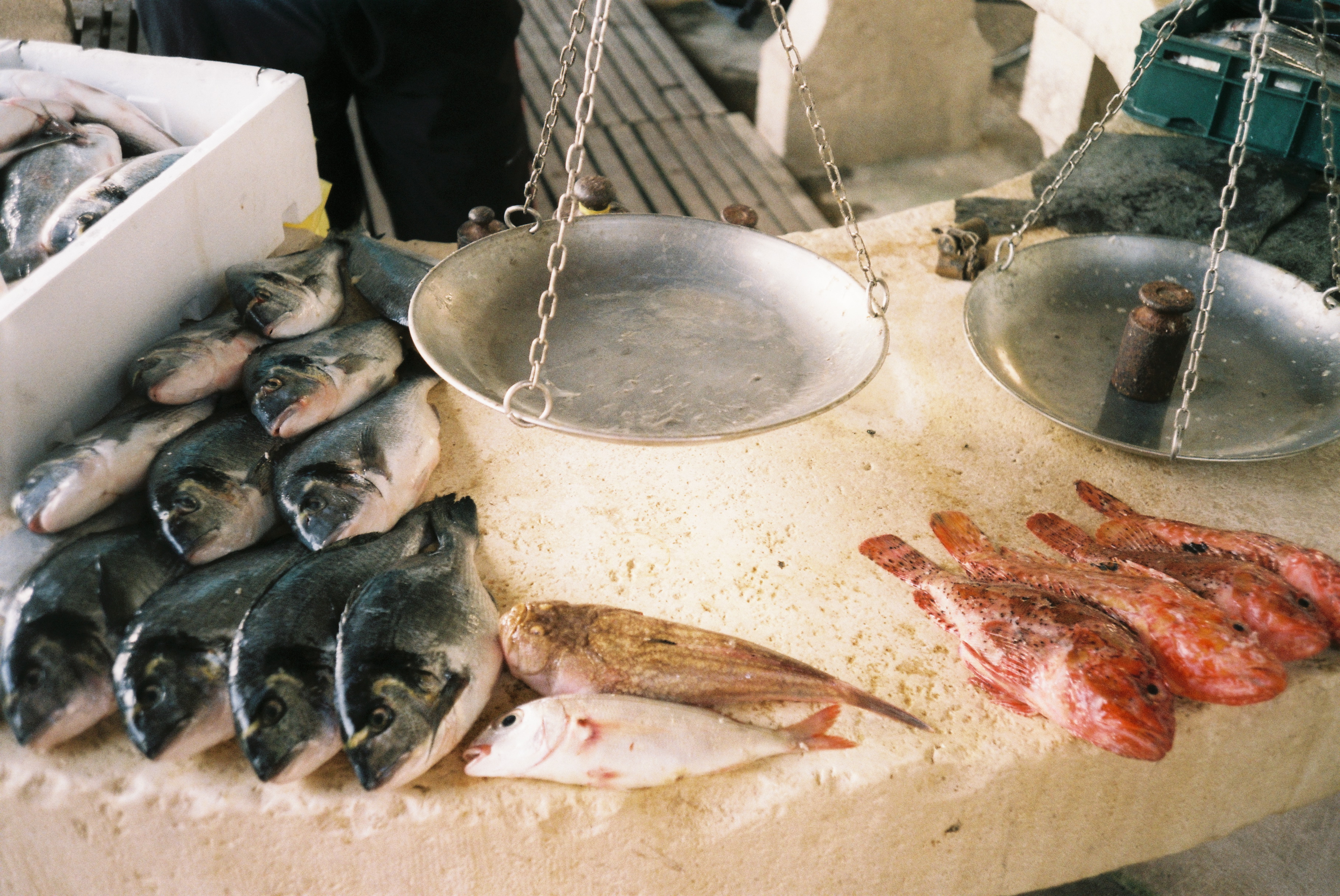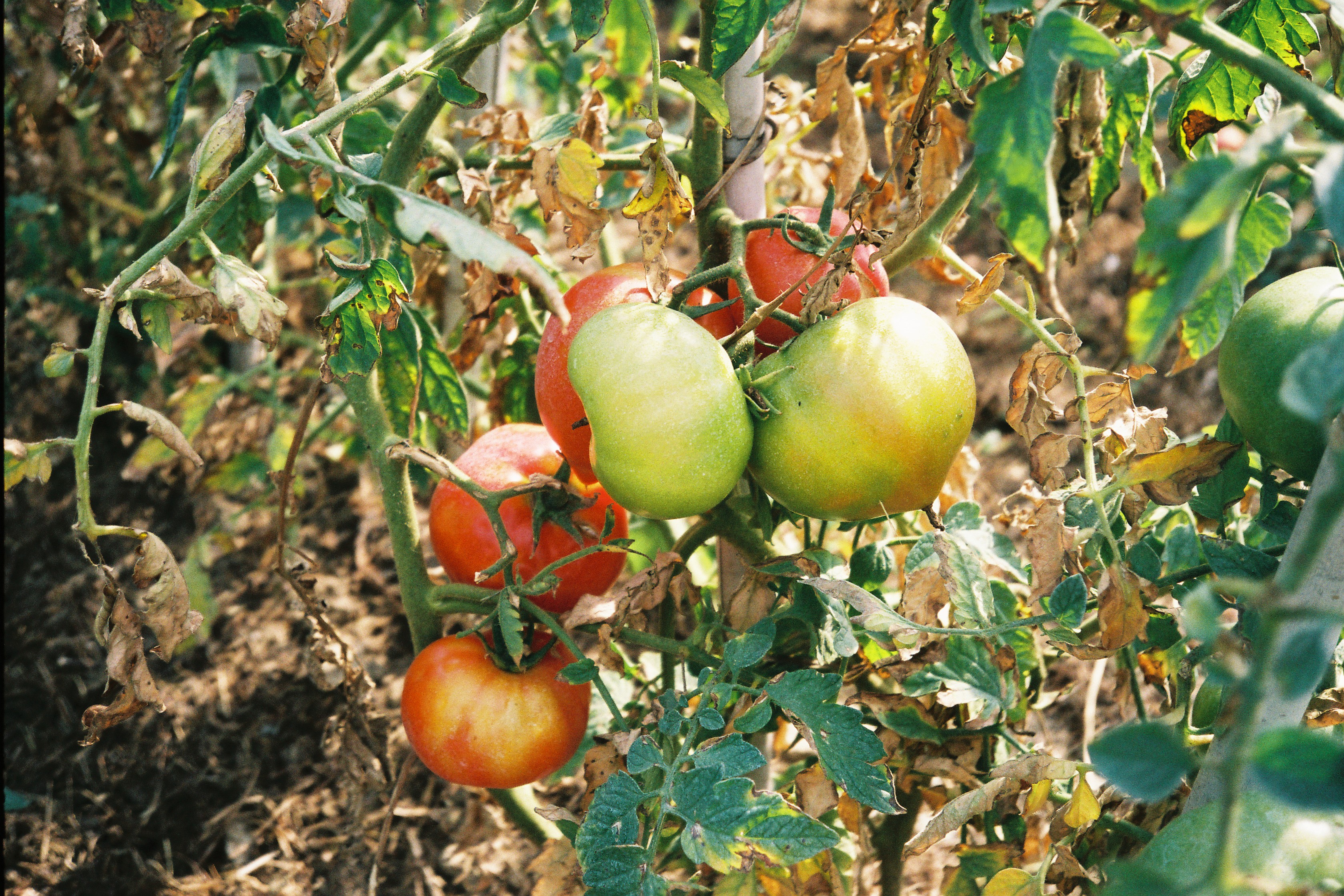Food and cultural heritage: an EU policy perspective
We invite you to join the online conference within the Food is Culture project, which will mix art, food, culture and policy!
CULTURAL HERITAGE | FOOD | INTERNATIONAL COOPERATION | SUSTAINABLE DEVELOPMENT
2018 - 2020
Ivan Manojlović
The overall objective of the project is to promote EU food cultural heritage as a source of inspiration for innovative artists as well as a symbol that embodies common European roots. The core element of the project lies in giving value and new life to the anthology of cultural elements retrieved over the years by Slow Food organization, with its Ark of Taste project.
The partnership is meant to open new collaborations between creative operators and operators of food sector as well as engaging directly specific target audiences – schools, restaurants and canteens, diaspora organizations – through the narration.
Specific aims of the project are: to stimulate a creative dialogue and long-lasting collaboration between contemporary art and the culture of food; to make EU citizens understand the richness and uniqueness of European food heritage and that it is the expression of both cultural identity and diversity; and to safeguard of and re-value the intangible cultural heritage of food through the active involvement of different target groups.
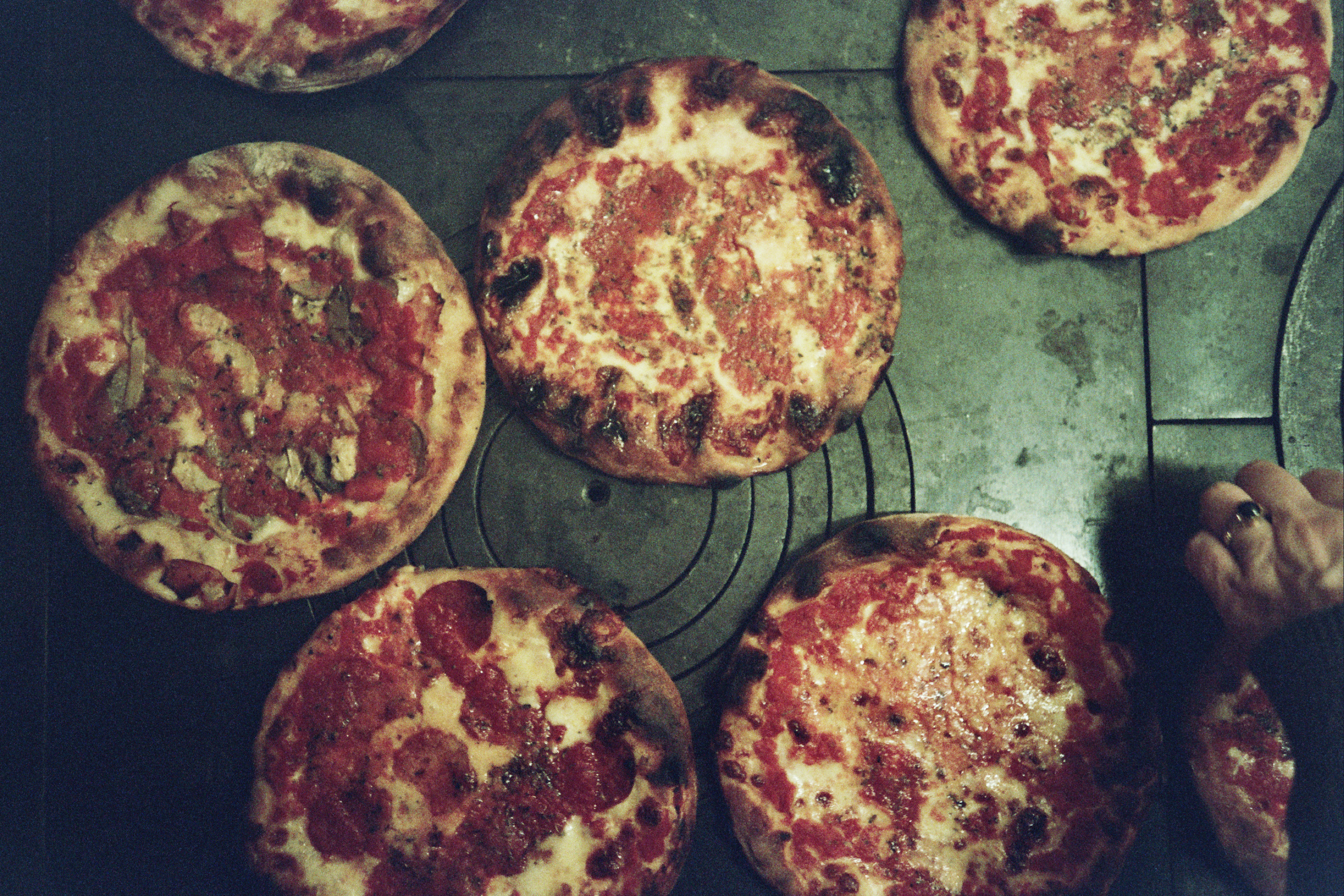
Cultural heritage it is not only made up of literature, art and objects but also by the crafts we learn, the stories we tell, the food we eat and the films we watch. Cultural heritage brings communities together and builds shared understandings of the places we live in. The digital world too, is transforming the way we access heritage.
Our proposal has its roots in this statement that comes from European Year of Cultural Heritage 2018. Each country has its own cultural identity, of which gastronomic heritage is also an integral part. This gastronomic heritage is made up of products, traditions and artisanal knowledge, the result of thousands of years of human presence in a specific place, but also of the exchanges that local communities have established over time with other peoples. This diversity distinguishes and enriches any human being at every latitude.
The intangible cultural heritage of food in Europe is an enormous yet underestimated resource: food treasures the entire history of a territory and embodies how different cultures have merged over the centuries, and through it.
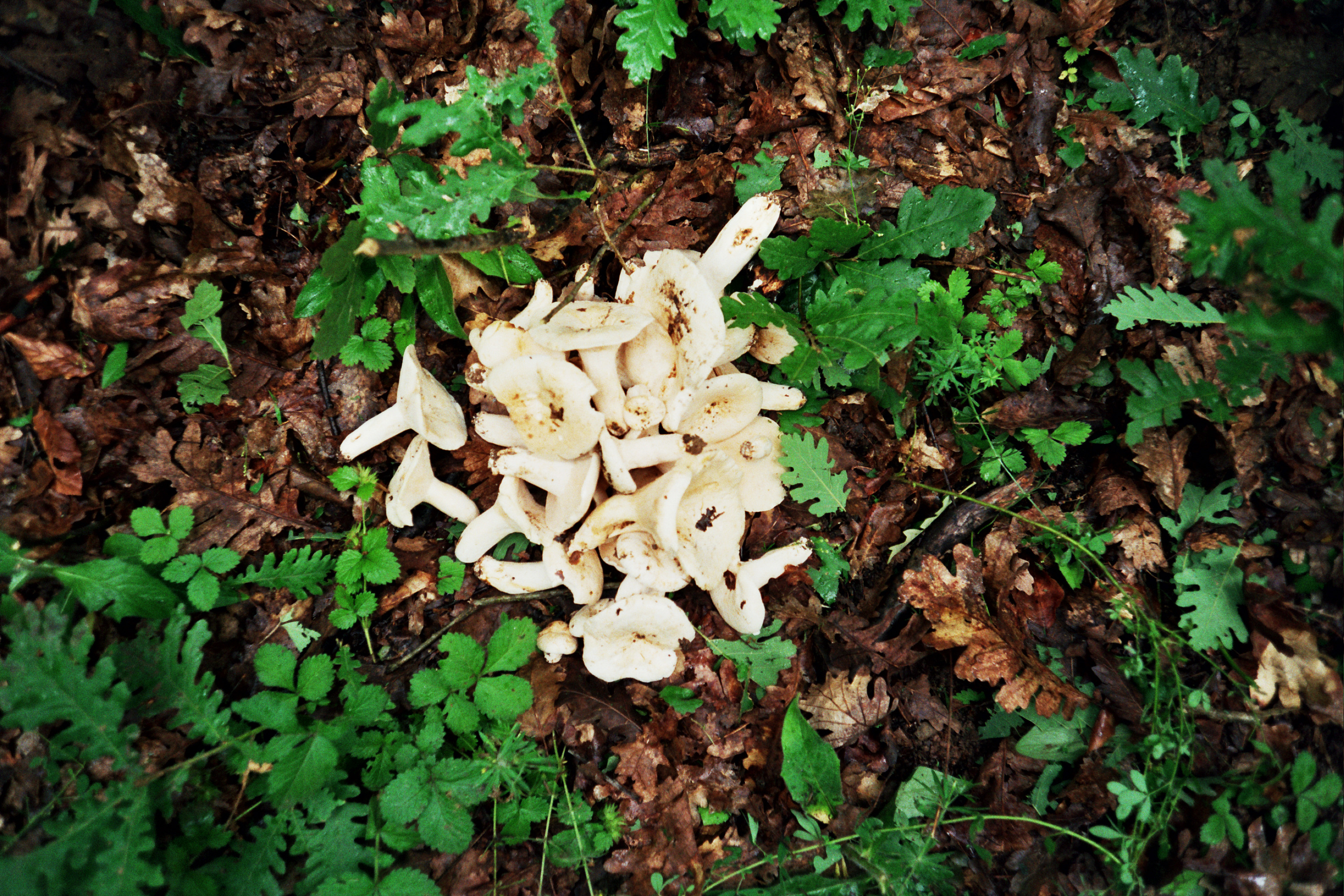
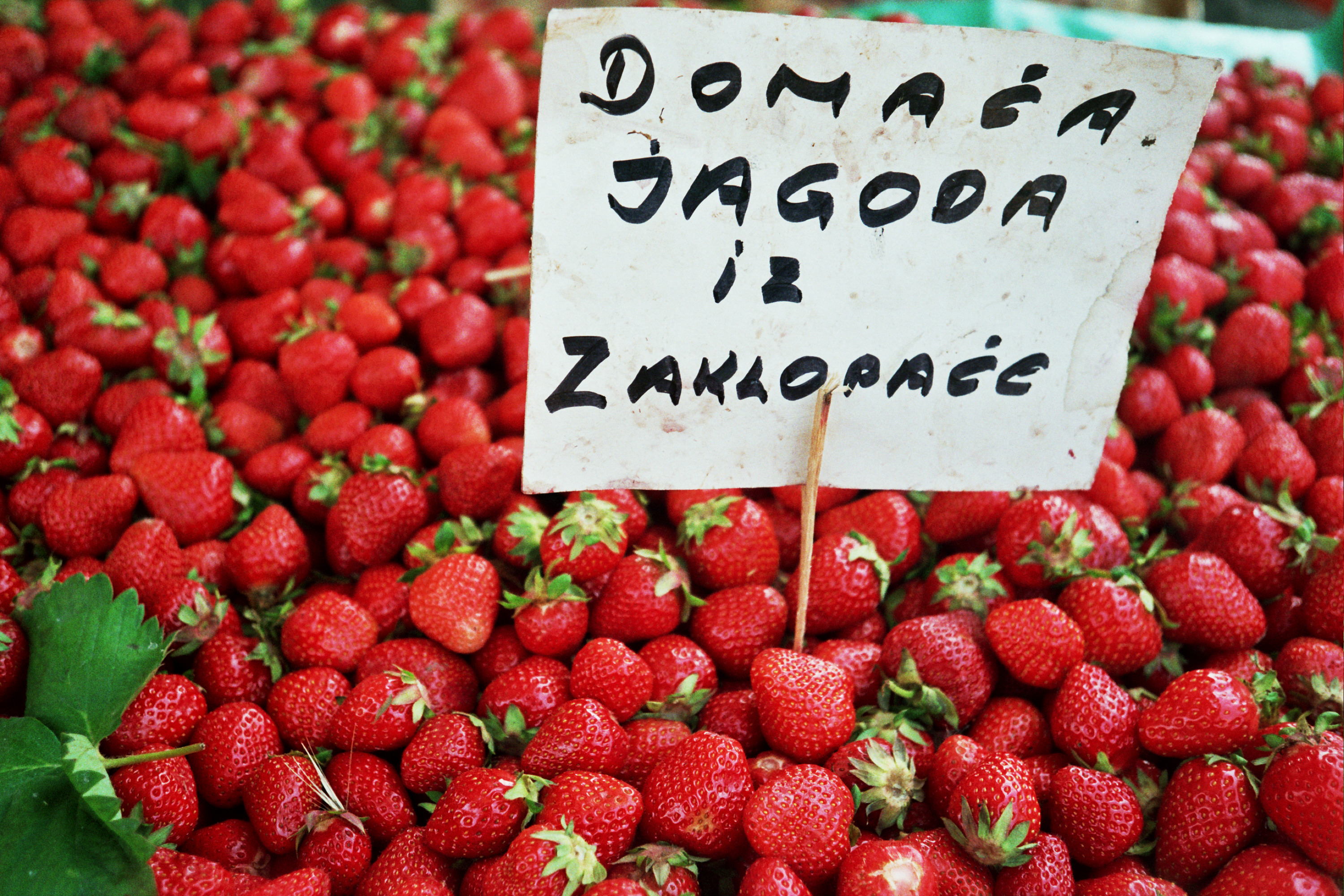
In collaboration with design institutes, artists will be challenged to reuse recipes, processing techniques, ways of sharing food, rites and myths to create a multi-media digital artwork that will travel throughout Europe. Cultural spaces will have the opportunity to host a new art exhibition and in this way European culture will receive increased attention.
The partnership intends to create a multimedia artwork dedicated to European food heritage that will be the result of a collaborative effort of artists, designers and food activists, strengthening the interaction between the cultural heritage and the cultural and creative sectors. The multimedia artwork will be largely based on the contents of the Ark of Taste archive and on the ample body of knowledge and images that Slow Food has collected over the years on traditional European food. The multimedia artwork will circulate in cultural spaces – such as museums and film festivals – in different countries to celebrate the European Cultural Heritage and to reach a new and wider audience. Through the artwork citizens will be able to experience the story and traditions behind the traditional EU foods in an innovative and enthralling way. The final version reloaded will be installed at the Migranti Film Festival 2020 in Pollenzo that will also host the final project dissemination event.
F.uTURE events will be hosted in already existing Slow Food events, to guarantee a broad and diverse audience of public. Other events will be organized in collaboration with the partners and focus on the target audiences chosen by the partner in each country: Terra Madre in 2018 (Italy), two presentations of the multimedia artwork exhibition in 2019 (Sweden, Serbia), Kinookus Food Film Festival in 2019 (Croatia), EU Parliament event in Bruxelles and the Migranti Film Festival 2020 in Italy.
Primary school children ages 5-10 and secondary school children ages 11-15 in 3 countries (Italy, Croatia and Serbia) will be invited to take action to give value to the cultural food heritage by asking their grandparents for traditional receipts or products that are disappearing. Also, chefs in 2 countries (Italy and Sweden) will be invited to take action to give value to the cultural food heritage by preparing a menu inspired by the European Year of Cultural Heritage. Based on the worldwide-recognized method of the Human Library and on the experience of the Slow Food Terra Madre migrant communities in Italy, Food Tales initiatives with migrants’ communities will be organised. The growing number of refugees and immigrants in European countries makes it necessary to put in place activities that help to create a climate of trust based on knowledge, direct immigrants to understand their cultures, their histories, their traditions.
Finally, the support to the recognition of food heritage as important assets and central element of intangible cultural heritage cannot come only from citizens, institutions must be made aware and engaged in the design and delivery of coherent and effective policies that contribute to protect and valorise it.
